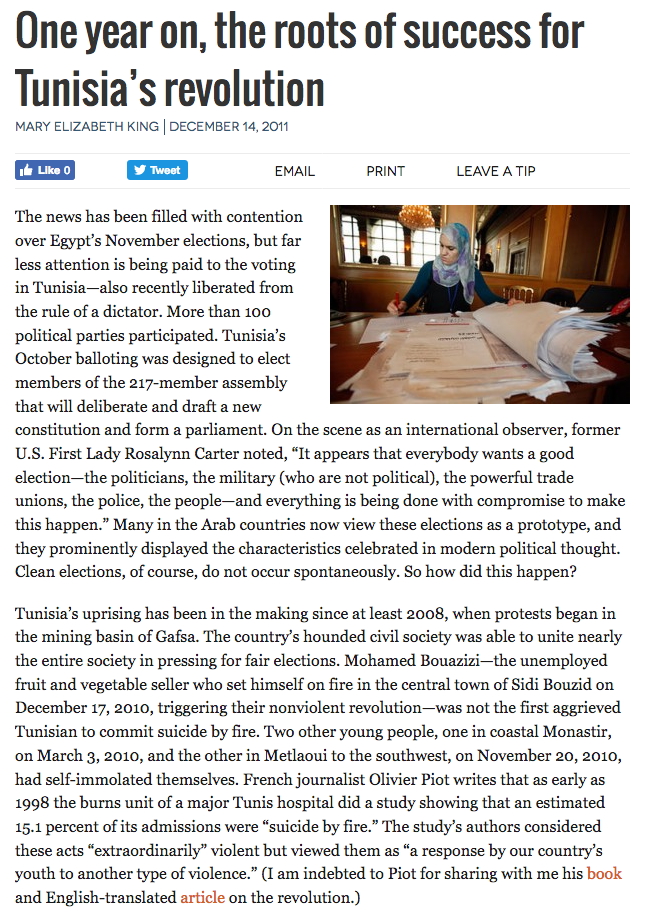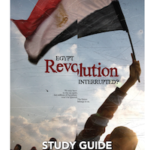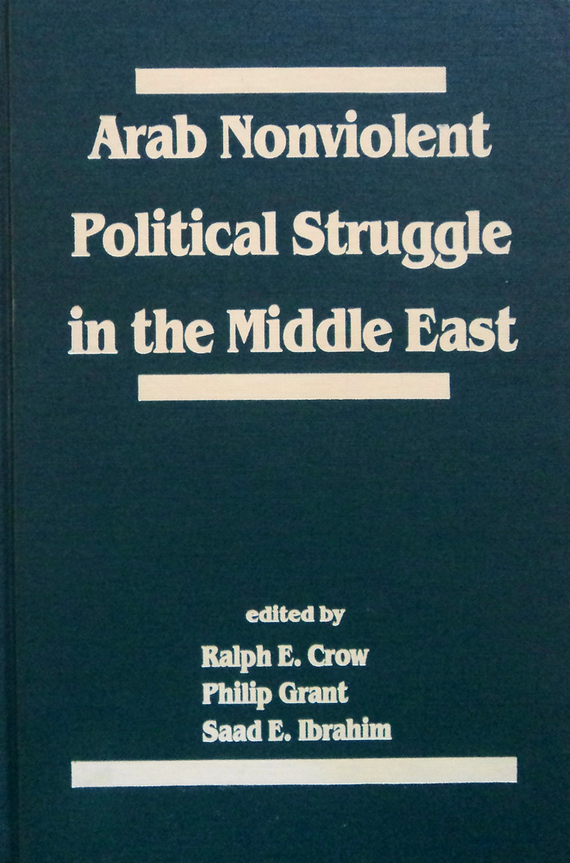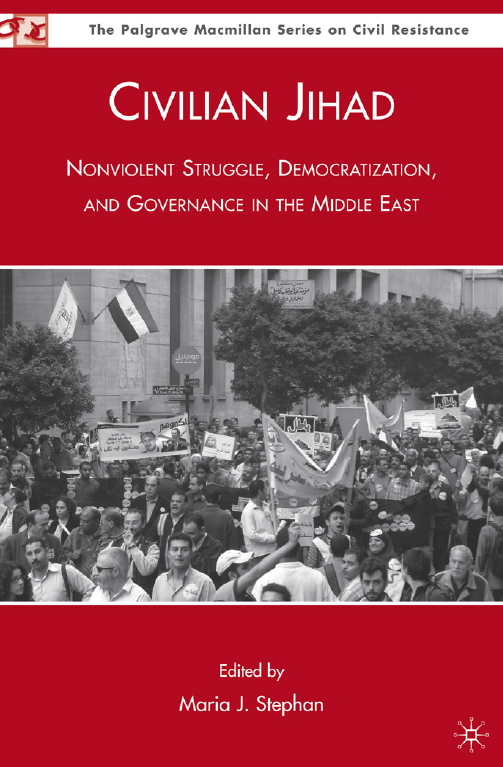
One Year On, the Roots of Success for Tunisia’s Revolution
The news has been filled with contention over Egypt’s November elections, but far less attention is being paid to the voting in Tunisia—also recently liberated from the rule of a dictator. More than 100 political parties participated. Tunisia’s October balloting was designed to elect members of the 217-member assembly that will deliberate and draft a new constitution and form a parliament. On the scene as an international observer, former U.S. First Lady Rosalynn Carter noted, “It appears that everybody wants a good election—the politicians, the military (who are not political), the powerful trade unions, the police, the people—and everything is being done with compromise to make this happen.” Many in the Arab countries now view these elections as a prototype, and they prominently displayed the characteristics celebrated in modern political thought. Clean elections, of course, do not occur spontaneously. So how did this happen?
wagingnonviolence.org, December 14, 2011



